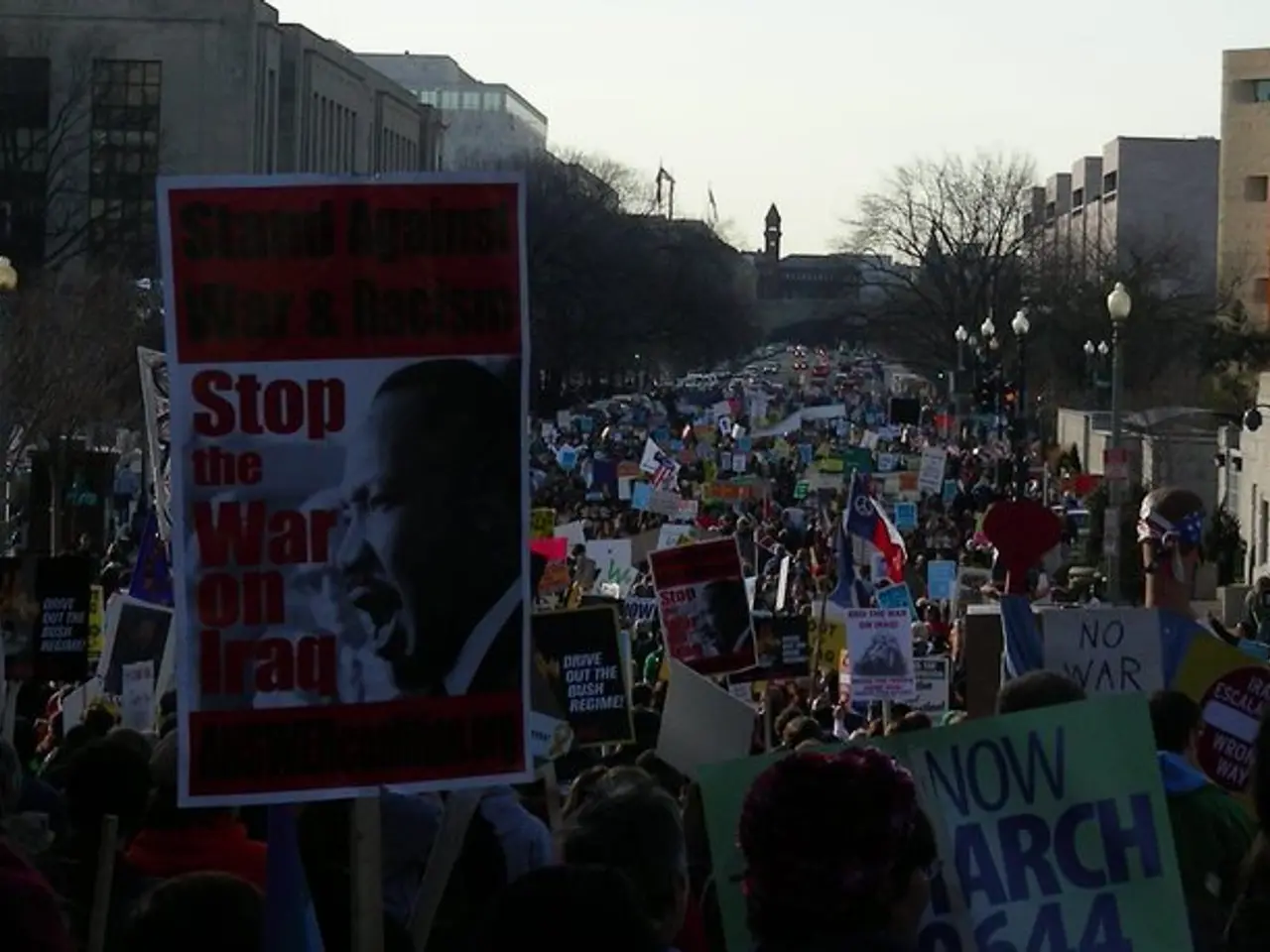Poster threats forcing panchayat officials to resign are not considered an unlawful activity under the Unlawful Activities Prevention Act, according to the Jammu and Kashmir High Court.
In a significant ruling, the Jammu & Kashmir and Ladakh High Court has upheld the acquittal of Ghulam Mohammad Lone in a case under the Unlawful Activities (Prevention) Act (UAPA). The case, heard at the Srinagar Bench of the High Court, involved the alleged act of affixing posters threatening panchayat members to resign, but the court ruled that this does not amount to an "unlawful activity" under Section 13 of the UAPA.
The accused was booked by the police in 2012 on the basis of information that the posters had been pasted on behalf of the proscribed organization Hizbul Mujahideen. The trial court in 2024 ruled that the prosecution had miserably failed to connect the accused with the alleged offence. The High Court found that key witnesses had not supported the prosecution case and were declared hostile.
During the trial, a Forensic Science Laboratory (FSL) expert opined that Ghulam Mohammad Lone's handwriting was similar to that on the posters. However, nothing incriminating was elicited from them during cross-examination, according to the High Court. The rest of the prosecution witnesses were the Investigating Officers who investigated the matter from time to time.
The High Court also opined that the trial court should have charged the accused under provisions of the Ranbir Penal Code, the criminal code that was in force in J&K in 2012. The court dismissed an appeal filed by the J&K Police against an acquittal order passed by an NIA Court in Anantnag last year.
The ruling was made by a Division Bench of Justices Sanjeev Kumar and Sanjay Parihar. Senior Additional Advocate General Mohsin Qadri represented the State, while Advocates Zahid Hussain Dar and Zahid Afzal appeared for the accused. The court did not remand the matter back to the trial court for framing a new charge due to the accused already facing a trial for more than eight years.
The UAPA is primarily aimed at preventing activities that directly support or constitute terrorism or secessionist acts. However, posting threatening messages does not amount to an "unlawful activity" under the UAPA unless the messages meet the specific legal threshold of inciting terrorism, conspiracy, or acts that threaten the sovereignty, integrity, or security of the country.
The specific circumstances under which threatening messages are not unlawful under UAPA include:
- When the messages do not advocate or incite terrorism, violence, or conspiracies against the state.
- When there is no prima facie evidence that the messages contribute to unlawful activity as defined by the statute.
- When the communication falls under the ambit of free speech protections, without crossing into acts threatening India’s sovereignty or public order.
- When courts find no reasonable grounds to believe that the accusation amounts to the offence under UAPA during initial bail or trial stages, noting that bail provisions under UAPA are stringent but still require prima facie proof.
In summary, posting threatening messages becomes punishable under UAPA only if those messages cross the threshold into terrorism-related activities or conspiracies against the state. Mere threats that do not meet this threshold generally do not constitute an unlawful activity under the Act.
For more details, you can find the judgment report for the case at the provided link.
[Your Link Here]
[1] Prima facie evidence: Evidence that is sufficient to establish a case or issue so as to make it worthy of being tried.
[2] Terrorist acts and conspiracies: Actions or plans aimed at causing violence, fear, or intimidation to achieve a political, religious, or ideological goal, often involving acts of violence or threats of violence.
[3] Sovereignty: The supreme power or authority of a country to govern itself.
[4] Secessionist acts: Actions aimed at separating a region or group from the rest of a country.
Read also:
- Court petitions to reverse established decision on same-sex marriage legalization
- Trump's enforcement actions in Washington D.C.: Insights from the political arena
- Chinese Ambassador issues stern message to India regarding Trump's tariffs in midst of escalating trade feuds
- Aircraft collides with another one on the runway during landing at Montana airport, igniting flames








